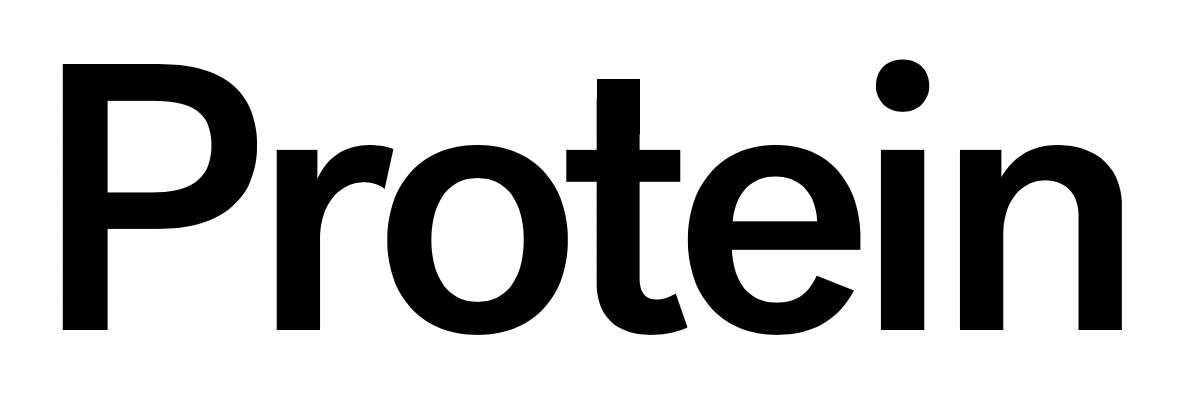The $16m Pixelon Party
It emerged last weekend that Pixelon, the company that raised $28 million before its founder was exposed as a convicted con artist…
It emerged last weekend that Pixelon, the company that raised $28 million before its founder was exposed as a convicted con artist and a fugitive from the law, was passing off widely available technologies as its own proprietary software. Perhaps more amazingly, $16m of the cash was spent on a one night extravaganza?These latest revelations come a month after founder fugitive David Kim Stanley surrendered to the Virginia authorities. Following Stanley’s arrest, it became clear that he had raised millions of dollars for Pixelon under the name Michael Adam Fenne, and under false pretenses. The California based startup claimed it had developed a proprietary format of digital video that was significantly more efficient at broadcasting video over the Internet than those made by rivals Microsoft or RealNetworks. In fact, Russell Reeder, Pixelon’s VP of product development, is now saying, Pixelon?s technology was based on the open standard MPEG 1, a video format that is known for producing enormous files, and is available to anyone over the Internet. Three former Pixelon employees have backed up Reeder’s confession. Pixelon intentionally misled the public about the capabilities of its technology. Despite Stanley?s recent claims to have written the Pixelon code from scratch during the several months he lived in the back seat of his car after fleeing authorities, I nvestors who thought they had seen Stanley?s ?proprietary? technology in action had actually seen software made by Microsoft dressed up as Pixelon product. Pixelon, Reeder says, was relying on Microsoft because its own technology wasn’t up to the job. This, of course, was completely contrary to what Pixelon was telling the public. ?We use a revolutionary set of capturing techniques,? boasted a white paper on Pixelon?s website last year, ?which revolve around seven proprietary sampling procedures.? The barefaced mendacity of it! The company also suggested it had a proprietary ?codec? for encoding files, a claim that Reeder now confirms is also a mightly whopper. To this day, Reeder admits, Pixelon relies on a video format that is available to anyone.Before the Pixelon debacle, Stanley had already swindled more than $1.5m out of private victimes in the state of Virginia.. He had been ordered to pay restitution and serve eight years in prison, but fled in 1996 with restitution only partially paid. Using the alias Michael Fenne, he founded Pixelon in 1998, where, according to a prospectus that was provided to potential investors, he spent $16 million on a launch party that featured a reunion by The Who. Well, at least he went out with a bang, if not a marketable product.



Discussion